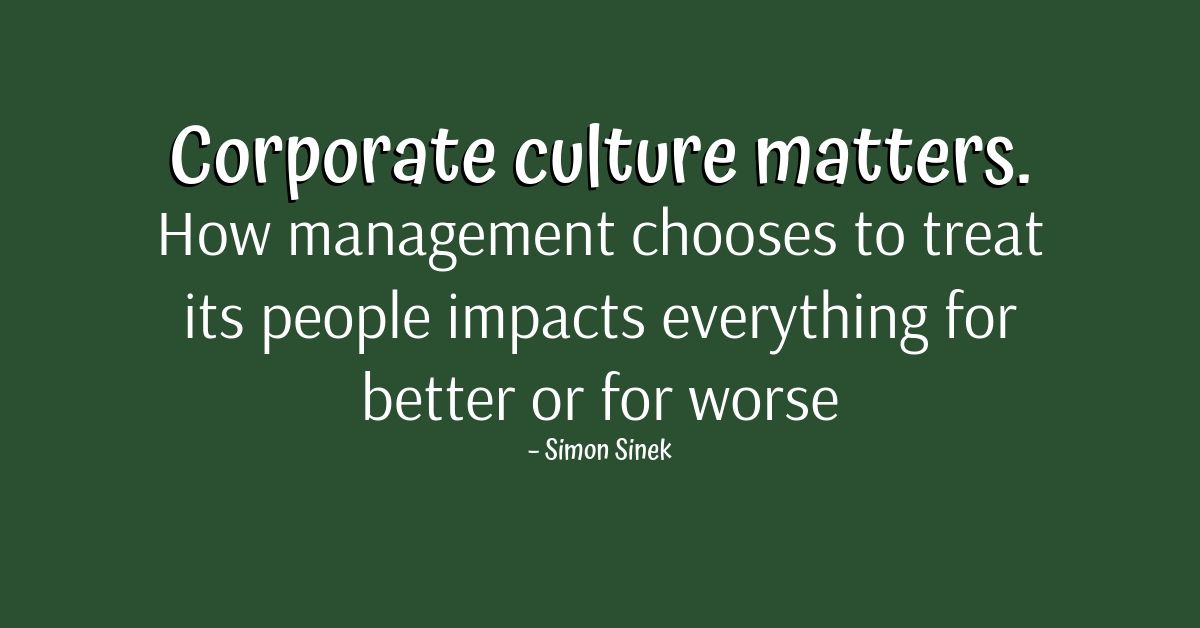A good company culture doesn’t happen by accident, it takes people who care.
The term “company culture” is widely used, but often misunderstood.
To many, culture is the soft stuff of a business. The stuff that hold some importance but isn’t necessarily a priority at the moment; Ultimately, company culture gets put on hold.
What keeps getting delayed, will only worsen with time and pretty soon will get out of control – making things worse for the organization and its people.
A recent Gallup report estimates that disengaged employees cost the U.S. between $483 and $605 billion in annual lost productivity.
61% of workers feel burnt out at their current job and 31% report feeling high levels of stress.
Ceridian found that 32% of employees believe that they need to leave their current job to move forward in their career.
According to Glassdoor, 54 percent of employees recommend their company as a good place to work.
The reasons for quitting a job, according to the Randstand Research Report are: not enough pay 44%, career advancement 43%, lack of challenging work 30%, work-life balance 28%, and lack of recognition 27%.
The Conference Board’s latest survey shows that 51% of U.S. employees feel satisfied with their job.
Furthermore, studies show 79% of people who quit their jobs mention “lack of appreciation” as their motive for leaving.
Culture is the beliefs, values, and behaviors that guide interactions between employees, their managers, and executive leaders. Culture impacts every aspect of a business.
Since people are everything in business, the most valuable asset, whether an organization can hold on to their people should be a major concern.
Businesses are more likely to succeed when its culture is focused on the way employees view the company, if their employees are happy and productive.
Ultimately, culture is how much its employees care about the company, and how that impacts the company’s performance.
Did any of these statistics surprise you?
